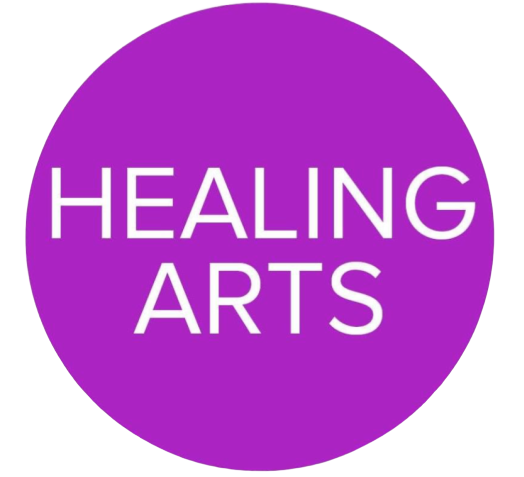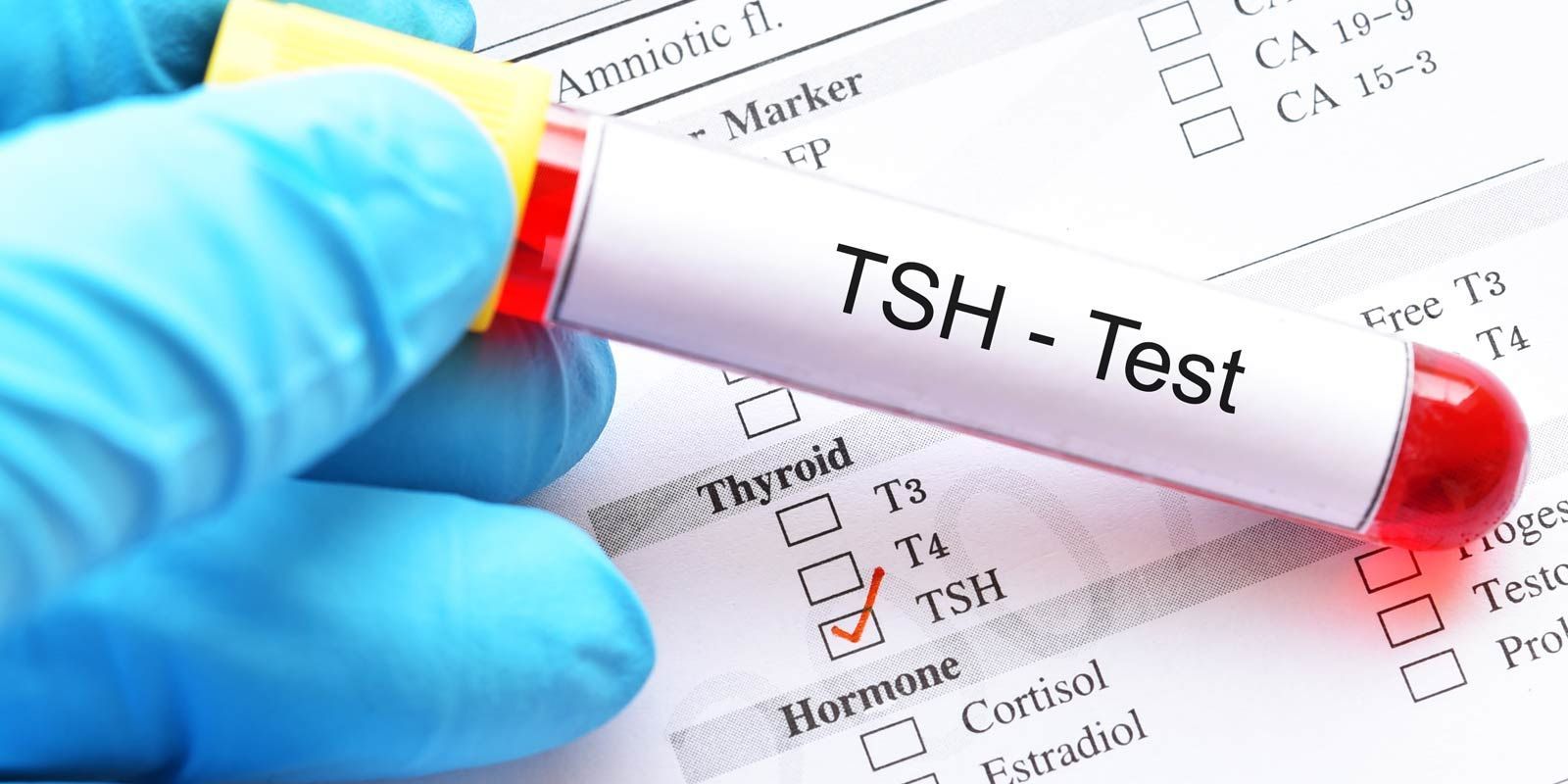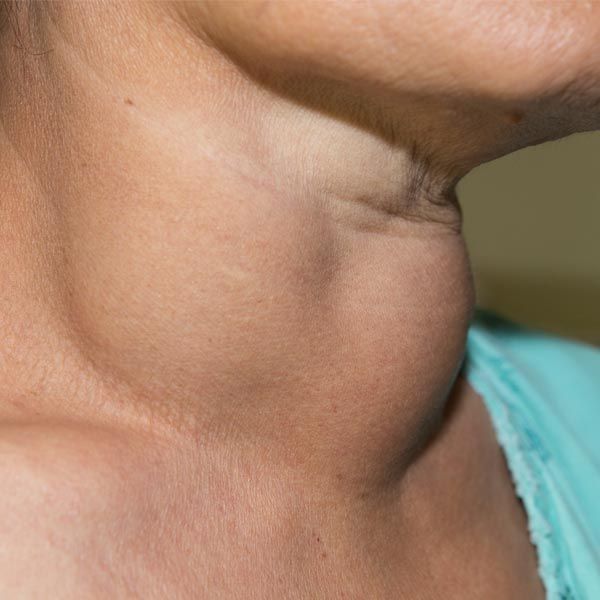Hashimoto's Thyroiditis Remedies NYC - Dr. Alicia Armitstead
Can Hashimoto's thyroiditis be reversed? Yes, it can! Hundreds have turned Hashimoto's around at Healing Arts through the proper diet (including healing the gut and removing gluten), making lifestyle changes, lowering stress, and detoxifying the body.
-Dr. Alicia Armitstead
Natural Remedies for Hashimoto's Thyroiditis at the Healing Arts NYC Health and Wellness Center in Manhattan NY 10017 and Connecticut
What is Hashimoto's Thyroiditis?
Hashimoto's Thyroiditis is an autoimmune condition where the immune system mistakenly attacks the thyroid gland, leading to inflammation and damage. This can result in an underactive thyroid, also known as hypothyroidism, as the gland is unable to produce enough hormones. Common symptoms include fatigue, weight gain, sensitivity to cold, dry skin, and hair loss. Conventional treatment usually involves medication to replace the missing hormones and manage the symptoms.
The American Thyroid Association states that about 20 million Americans live with hypothyroidism, but the majority have a condition called Hashimoto's thyroiditis. This means about 14 million Americans are living with Hashimoto's.
Have you or someone you loved received a Hashimoto's thyroiditis diagnosis? Let's explore this condition and important considerations along your Hashimoto's healing journey.
Hashimoto's thyroiditis, also known as chronic lymphocytic thyroiditis, is an autoimmune condition with a laundry list of related symptoms. Although hypothyroidism is the most common, it is just one of many symptoms of Hashimoto's.
Immune system malfunctions characterize autoimmune conditions. In most cases, antibodies are produced, which "seek out" otherwise normal cells in the body, destroying them and preventing them from doing their job.
The primary cause of Hashimoto's is an imbalance in the function of the thyroid, pituitary, and hypothalamus, caused by the autoimmune response. A virus usually causes this autoimmune response, but I have also seen it caused by parasites. The primary virus I see causing Hashimoto's is Epstein-Barr Virus (EBV).
Here's what happens: The immune system produces antibodies (thyroid peroxidase antibodies are the most common) that interrupt chemical signaling between the pituitary glands, the hypothalamus, and the thyroid. The hypothalamus is a gland in the brain that secretes hormones that signal the pituitary. The pituitary then signals the organs of the hormonal chain, including the thyroid, adrenals, uterus and ovaries in women, and the prostate and testes in men.
Correct communication among these three glands is vital to hormone production, which in turn affects hundreds of other bodily functions.
Part of the pituitary gland's job is to produce a substance called "thyroid-stimulating hormone," or TSH. TSH stimulates the thyroid gland to produce the thyroid hormones thyroxine (T4) and triiodothyronine (T3).
When Hashimoto's mechanisms are at play, immune system antibodies intercept TSH signals before they reach the thyroid. The result is an overabundance of TSH in the bloodstream. Because the thyroid never "gets the message," thyroid production is usually low. Some common symptoms of Hashimoto's include:
- fatigue
- sluggishness
- dry skin
- puffiness
- constipation
- muscle weakness
- joint pain
- hair loss
- brittle nails
- excessive menstrual bleeding
- anxiety and depression
- heart palpitations
- cognitive decline
- loss of memory
In addition, other conditions may develop if Hashimoto's goes on for too long untreated.
Conditions Related to Hashimoto's
- Hashimoto's Encephalopathy - Hashimoto's encephalopathy is a neurological condition. It's characterized by confusion, psychosis, seizures, muscle cramps and jerks, and sometimes hallucinations.
- Goiter - Goiter is an enlargement of the thyroid gland, either through inflammation or as a result of a nodule. It is usually seen as a lump on the front of the neck. Goiter is serious because those with it may be more likely to experience a thyroid storm or "thyrotoxicosis crisis, " which occurs when thyroid hormone levels jump dramatically.
- Hyperthyroidism - Surprisingly, at times, Hashimoto's sufferers may experience the symptoms of hyperthyroidism, too. People with Hashimoto's may experience BOTH hypothyroid and hyperthyroid symptoms because, as the thyroid cells are destroyed, stored hormones are released into the circulation, causing a toxic level of thyroid hormone in the body, also known as thyrotoxicosis. Eventually, the stored thyroid may become depleted, and due to thyroid cell damage, the person can no longer produce enough hormones. At this time, hypothyroidism develops.
How Do You Get a Hashimoto's Thyroiditis Diagnosis?
Besides relying on the wide range of symptoms, most people are presented with a Hashimoto's thyroiditis diagnosis through a blood test, which detects high TSH as well as the presence of thyroid antibodies.
Conventional Medical Community Hashimoto's Treatment
When it comes to autoimmune disease in general, many physicians say that they don't know what causes it or that it's a matter of "bad genes." Many still feel that diet and lifestyle have nothing to do with it and that autoimmune diseases cannot be reversed. They will often recommend prescription drugs, including low-dose chemo drugs, that focus on shutting down part of the immune system or reducing symptoms.
In the case of Hashimoto's thyroiditis diagnosis, the majority of Western doctors will prescribe pharmaceutical thyroid replacements such as Levothyroxine. Unfortunately, thyroid medications will not fix the underlying autoimmune condition. There's also the concern that all pharmaceuticals come with a list of potential side effects.
For example, there are some scary ramifications to long-term thyroid replacement use, as far back as 1976, a study published in the Journal of the American Medical Association (JAMA) found a 200% increase in breast cancer incidence amongst women who had been on thyroid hormone replacement for at least 15 years, compared to women who were not on the drug.
The Link Between Breast Cancer and Thyroid Conditions
Several more recent studies have investigated the link between thyroid disorders and breast cancer. This growing body of evidence shows that breast cancer patients are also more likely to have a thyroid disorder (both autoimmune and non-autoimmune).
For example, in one 1996 study, Hashimoto's thyroiditis was observed in 13.7% of breast cancer patients, while only 2% of healthy controls had this autoimmune condition. I don't want to scare you. The takeaway here should not be fear but rather an awareness that a health-focused lifestyle is crucial for healthy thyroid and breast function.
Lowering Stress, Lifestyle Changes, and Iodine: Finding the Right Hashimoto's Treatment
Can Hashimoto's thyroiditis be reversed? Yes, it can! Hundreds have turned Hashimoto's around at Healing Arts through proper diet (including healing the gut and removing gluten), lifestyle changes, stress reduction, and detoxification. Regarding nutrients, iodine is literally the "food" for your thyroid. There are differing opinions, however, as to what role iodine should play in someone's healing from Hashimoto's.
Most in conventional medicine advise against iodine supplementation. On the other hand, some functional medicine experts state that flooding the body with iodine is the key to healing. While some people succeed with this method, for others, taking mega doses of this essential mineral can make matters worse. This is why you must get muscle tested to see if iodine or other supplements are best for healing the gut. Even though patients can be scared of iodine, it's usually what the body needs to kill the virus or parasite stuck in the thyroid tissue.
Usually, patients who test for iodine don't test for high doses; they fall somewhere in the middle. Research backs it up, too. A 1998 German clinical trial published in the European Journal of Endocrinology found that Hashimoto's patients who took low doses of iodine (250 micrograms of potassium iodide) for four months saw "slight but significant" improvements in their thyroid hormone function.
Other studies point to the importance of including "helpers" for iodine absorption. Research has been conducted on the role of selenium, iron, zinc, and thiamin, in particular, in iodine synthesis and thyroid healing. So we will muscle test for those minerals as well.
All of this demonstrates, again, that there is no clear path to treating Hashimoto's thyroiditis. However, there is something that almost everyone can do to improve their thyroid health.
Everyone Can Benefit by Detoxing From Halide Toxins
Iodine is an element (remember the periodic table in chemistry class?) and an essential mineral critical for the proper functioning of every cell in the human body. It's vital for the thyroid. In women, iodine is found most in the thyroid, ovaries, breasts, and uterus. In men, it's the thyroid, followed by the reproductive system and the prostate.
Whether or not you have a diagnosed thyroid condition, your thyroid will not be able to absorb the iodine it needs if you have a high level of halide toxicity. Halides are other elements that can take up iodine receptor sites within the body, preventing iodine from getting where it needs to go.
Watch Out for the Primary Halides
The primary halides, also known as primary alkyl halides, are organic compounds that contain a halogen atom bonded to a primary carbon atom. Primary carbon atoms are those that are directly attached to only one other carbon atom. Examples of primary halides include:
1. Ethyl chloride (C2H5Cl)
2. Propyl chloride (C3H7Cl)
3. Butyl chloride (C4H9Cl)
4. Pentyl chloride (C5H11Cl)
5. Hexyl chloride (C6H13Cl)
These primary halides are commonly used in organic synthesis, as starting materials for various reactions, and as intermediates in the production of pharmaceuticals, agrochemicals, and other organic compounds.
- Fluoride: found in tap water, dental cleansers, toothpaste, and mouthwashes, as well as some consumer goods.
- Bromide is found in swimming pools, indoor paints and plastics, and foods like commercial bread. Bromide toxicity has increased significantly over recent years.
- Chlorine is found in tap water, bleach, swimming pools, hot tubs, and many plastics, dyes, and insecticides.
- Perchlorate: a manufactured substance that has many of the same chemical components as naturally occurring halides. It is found in jet fuel and many agricultural fertilizers. A recent study by the University of California, Los Angeles, found that exposure to perchlorate may lead to a higher risk of either Hashimoto's or Grave's disease (aka toxic diffuse goiter) (https://pubmed.ncbi.nlm.nih.gov/20578899/). Perchlorate can be found in almost everyone.
In helping patients detox halides, I want you to know it's easier than it sounds. The first step is to stay away from as many sources of them as you can. The second step is to get tested at the office, and the third is to get tested for what whole foods supplements will support your body in detoxing halides.

Contact Dr. Alicia Armitstead to Learn More About
If you have Hashimoto's, know that this is the science behind what we do at Healing Arts to help you reverse it. If you have not been diagnosed with Hashimoto's but think you may have a thyroid issue, please get in touch with us so we can figure out how to support your thyroid and prevent Hashimoto's. Have hope. We are here to help.
Please contact us today!
Additional References



